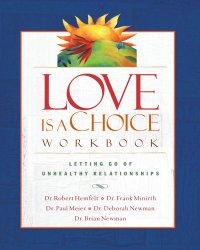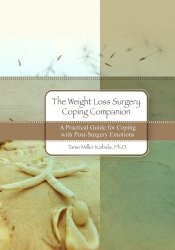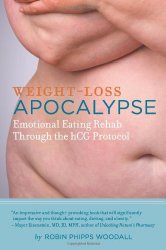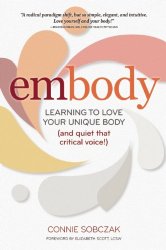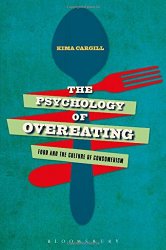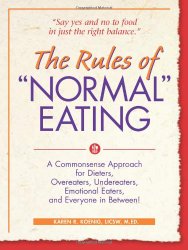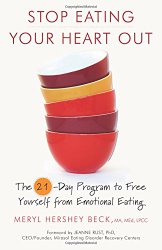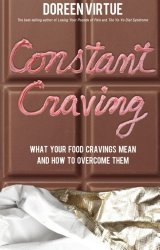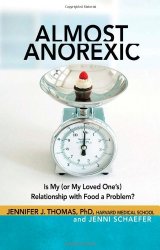Love Is a Choice Workbook provides a ten-stage plan to help you find healing from the pain that created your codependency and then guides you through the plan using interactive questions, self-tests, exercises, and journaling. This workbook helps you to step back and examine your life and then effectively deal with your codependency at your own pace. It …
self-help
The Weight Loss Surgery Coping Companion: A Practical Guide for Coping with Post-Surgery Emotions
In The Weight Loss Surgery Coping Companion, Dr. Kabala assists post-weight loss surgery patients, many of whom have a history of using overeating as a coping mechanism, in identifying healthy, new, non-food related strategies for coping with challenging feelings. With insight and sensitivity, Dr. Kabala leads readers through exercises that help them develop strategies for coping with …
Weight-Loss Apocalypse: Emotional Eating Rehab Through the hCG Protocol
This book was written to start a new conversation about how Dr. Simeons’ protocol has relevance, not only as a hormonal therapy, but as a means to end our national eating disorder. Instead of continuing to apply the protocol as a short-term diet, it shoulder be discussed as a real solution –a tool to end irrational eating for …
embody: Learning to Love Your Unique Body (and quiet that critical voice!)
This book’s message is rooted in the belief that people inherently possess the wisdom necessary to make healthy choices and live in balance. It emphasizes that self-love, acceptance of genetic diversity in body size, celebration of the unique beauty of every individual, and intuitive self-care are fundamental to achieving good physical and emotional health.Embody guides readers step by …
The Psychology of Overeating: Food and the Culture of Consumerism
The Psychology of Overeating demonstrates that overeating must be understood as part of the wider cultural problem of consumption and materialism. Highlighting modern society’s pathological need to consume, Kima Cargill explores how our limitless consumer culture offers an endless array of delicious food as well as easy money whilst obscuring the long-term effects of overconsumption.The book investigates …
Written in easy-to-understand, everyday language, The Rules of “Normal” Eating lays out the four basic rules that “normal” eaters follow instinctively — eating when they’re hungry, choosing foods that satisfy them, eating with awareness and enjoyment, and stopping when they’re full or satisfied. Along with specific skills and techniques that help promote change, the book presents a proven …
Stop Eating Your Heart Out: The 21-Day Program to Free Yourself from Emotional Eating
Stop Eating Your Heart Out speaks to anyone’s challenges with food, weight, and emotional eating, and then offers a multitude of effective self-help tools. As the author discloses her very personal struggle with food and out-of-control eating, she is telling the story of millions of others who use food to self-soothe. The book’s focus, however, is on recovery. …
“Timely and sympathetic . . . a work of impassioned advocacy.” –PeopleA hundred years ago, women were lacing themselves into corsets and teaching their daughters to do the same. The ideal of the day, however, was inner beauty: a focus on good deeds and a pure heart. Today American women have more social choices and personal freedom than …
Constant Craving: What Your Food Cravings Mean and How to Overcome Them
Do you crave chocolate, bread, cheese, fries, or other foods? If so, there’s a reason why, as Doreen Virtue’s breakthrough book explains. Each food craving actually corresponds to a specific underlying emotion; so once you understand the meaning behind your particular craving and apply the information and affirmations within these pages, you’ll be able to heal your cycle …
Almost Anorexic: Is My (or My Loved One’s) Relationship with Food a Problem? (The Almost Effect)
Millions of men and women struggle with disordered eating. Some stand at the mirror wondering how they can face the day when they look so fat. Others binge, purge, or exercise compulsively. Many skip meals, go on diet after diet, or cut out entire food groups. Still, they are never thin enough.While only 1 in 200 adults will …
